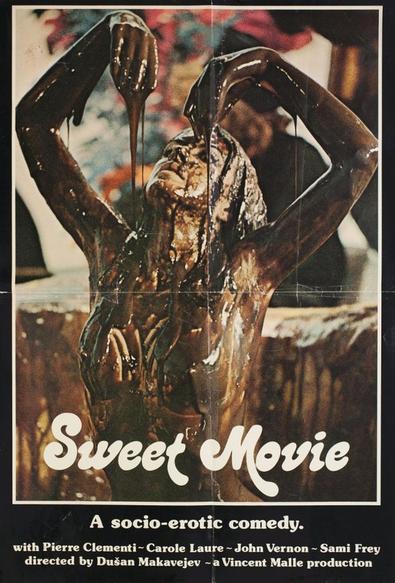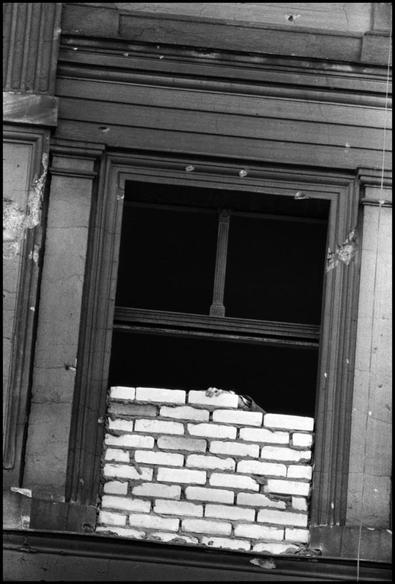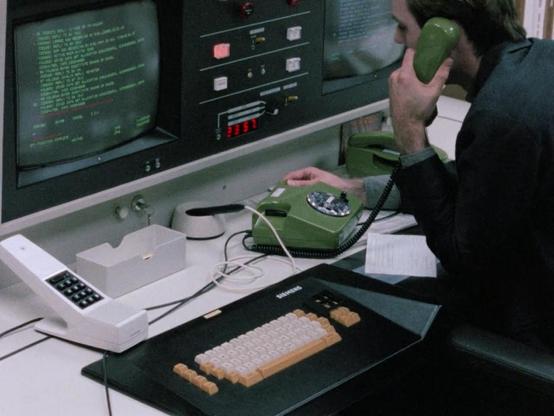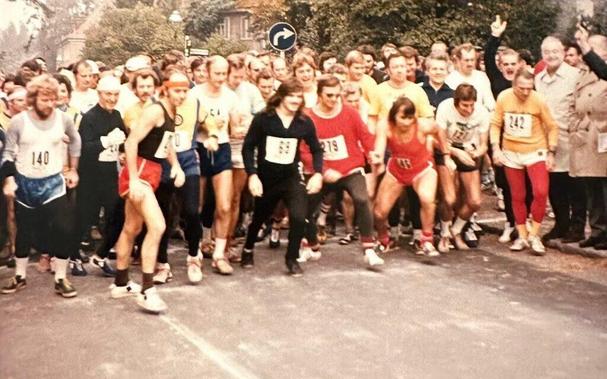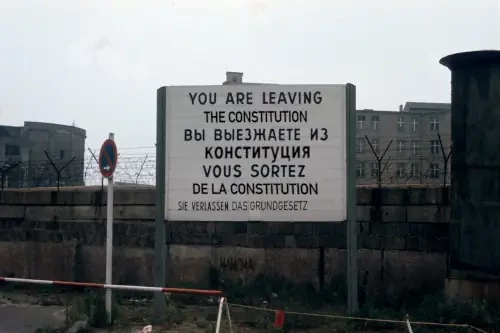#WestGermany #Nazis #history
"For the best part of three years, Friedrich Karl Vialon was one of the archetypal 'writing-desk murderers' who kept the bureaucratic machinery of the Holocaust ticking over.
Deployed to Nazi-occupied Riga in 1942, his job was to strip the Baltic states of every asset his staff could lay their hands on: jewellery, boots, winter coats, musical instruments, de facto slaves and gold fillings stripped from the mouths of executed Jews, one of which was reimplanted into the mouth of one of his secretaries.
Vialon performed this task with grim thoroughness, raising the number of Jewish forced labourers in the region from 6,000 to 13,800 and personally supervising the confiscation of belongings at house raids and the nearby SS concentration camp at Salaspils.
Yet he paid no price for these crimes. Quite the contrary: only five years after the end of the war he was appointed to head the budget department at the West German finance ministry.
Three years later Konrad Adenauer, the chancellor, put Vialon in charge of the finance and economics unit in his own office. Vialon retired in 1966 with a plump civil-service pension and died in early 1990, five months after the fall of the Berlin Wall.
The first systematic analysis of the early West German chancellery’s personnel files, conducted by the Stuttgart University historian Gunnar Take, shows that stories like Vialon’s were so common as to be almost normal in the 1950s and 1960s.
He found that out of the 107 senior officials in the chancellery between 1949 and 1970, 57 were too young to have occupied positions of any influence under the Nazi dictatorship.
Of the remaining 50, 20 had held mid or high-ranking posts in the Third Reich, ranging from Wehrmacht and Gestapo officers to powerful administrative jobs or deployments to oversee occupied territory. Most of these individuals, like Vialon, had also been members of the Nazi party."
https://www.thetimes.com/world/europe/article/files-nazis-postwar-germany-n7cf7qw7h
